Conflation
Fuel is a commodity. A commodity is a basic good that can be stored, transported, sold, and used. A commodity is interchangeable with goods of the same type, such as forms of copper— cathode of a certain grade to wire of a specific gauge, or forms of wheat—from unmilled grain, to whole wheat or white flour, to bread. All of these are commodities.
Electricity is nothing like fuel. Electricity is a service. A service is about useful work that the user of the service chooses to purchase. Electrical energy is consumed in the exact moment the user of the service demands or chooses in the same way that Uber is a mobility service. Services cannot be stored for consumption later. Uber is on-demand. Electricity service is on-demand.
Random service is an absurdity. The conflation of Fuel with Service has turned Uber into Floober (wind-solar-batteries), one of the deepest and most pervasive absurdities of the current Age of Energy Poverty and Absurdities.
What is Fuel?
The English word fuel derives from a Medieval, Latin legal term, focalia, the natural legal “right to demand material for making fire, right of cutting fuel.” Latin focalis relates to the harth / fireplace.
What is Useful Energy?
One of the most important attributes of fuel is that the heat energy is easily stored. In the Anglo-Saxon shared archetypes, wealth and heat were synonyms. And the gods provided all humans with fuel for fire. Firewood is Useful Energy. The Anglo-Saxons cut firewood in February ("Sprout-kele"). Least useful weather; most useful work. That way, there was plenty of time for the wood to cure for the following winter. Imagine spending all of February battling the elements to collect and store fuel—useful energy—for the following winter. Spring-Summer-Fall were bad times to collect fuel. All their time and energy was rerquired for farming.
In other words, useful energy means forms of energy that are available at the times and in the places where humans desire to use the energy. When I turn up my thermostat, my gas-fired heater turns on. Natural gas is useful energy to me. It is where I need it and when I need it. If my natural gas service were only available at random times, it would be far less useful to me, regardless of its cost. I’d much rather pay a lot more for natural gas service than lower-cost, random service.
What is a Service?
The English term service derives from Latin servus (slave). Servant is a cognate. Services are work that others provide for us, such as transportation, trash collection, sewage, potable water, and so forth. Services are not tangible in the sense of goods such as fuel.
Uber is an efficient, on-demand "mobility service." From a customer's point of view, the fact that every Uber vehicle is powered by fuel (be it petrol, diesel, CNG, or a charged EV battery) is irrelevant. We are paying for the service of moving X from point A to point B at a specific time. If the service is before or after the desired time, the service is not useful in the same way that energy delivered before or after the time it is desired is not useful.
Electrical Energy is a Service. Not a Fuel. Not a Commodity. Not a Product. Not a Good.
When it comes to Energy Policy in 2022, we have utterly confused Fuel with Service and the other way round. Electrical energy grids provide a real-time service. Electricity is not a product. It is not a good. It is not fuel. It is not a commodity. energymag.net/is-electricity…
The only way to provide on-demand electrical energy service is through fuel-based generators (apart from hydro-electric power, which has unique standing). Yet according to the EIA and too many other sources to mention, electrical service dispatched at random times is the same as electrical service that is generated immediately as the service is used. Under this conflation, the Sun and the Wind are considered as fuel. They do this by counting the number of MWhs produced while utterly ignoring the fact that electric generation is a service. Wind and solar thus get full credit—they become equivalent to—generation services that are based on fuel, just as you use the accellerator when operating a car.
Solar and Wind are not “fuel” because they are random.
Imagine a Car with a Random Accelerator
What the EIA chart is doing is conflating a fuel-based system, such as your car—with a random system based on the weather. Imagine driving a car like this. Is solar properly characterized as a “fuel” for this car? Let’s say you used an averaging mechanism. You may be able to draw equivalence between the solar car and a fuel-based car, on average, over the year. But they still would not be the same.
Welcome to Floober, the new Random Uber Service.
Since our world has conflated electric energy service (dispatchable) with random service (chaotic dispatch), I propose Floober, the new Random Uber mobility service.
First, the Green Fleet! In addition to our SolarCar, we offer a WindCar:
Our amazing fleet is renewable, sustainable, green, Net-Zero, and 100% ESG-friendly—and taxpayer-funded. During periods of high winds, and during clear days and outside of areas with tall buildings, Floober we can dispatch millions of rides at the same time. These rides are the lowest-cost mobility miles on the planet, when available. On average, over a day-week-month-year, Flubber can dispatch more rides than Uber.
To be sure, at random times, Flubber won’t have any rides available. Depending on the weather, Floober may have millions of rides going at the same time. Floober is way better than Uber. Clean. Green. Renewable. Sustainable.
The best part is that Floober got the Government to force Uber to buy 100% of the rides Flubber randomly dispatches. It doesn’t matter if Uber is able to connect Floober rides with a paying customer because Uber has a system of dispatchable drivers at the ready to back up Floober
Who cares if the Uber drivers are now 8,785% less efficient. Did I mention that Floober is Net Zero and ESG-friendly? Politicians love Floober.
The thing is that Floober "saves" Uber lots of money on drivers. Uber does not have to hire as many drivers during the random times that Flubber is generating drivers. So Uber has to pay for 100% of the Flubber rides at its "avoided cost" rate. Nevermind if Uber can or can't use Floober services during the middle of the night in the winter. Your rates won't change a bit. Also nevermind if Uber needs to keep thousands of drivers on standby, idling, in case the wind suddenly stops blowing and they are needed.
Uber cannot object on the basis that it cannot connect a Floober ride with a paying customer. Curtailment is Uber's problem. Flubber just keeps growing its fleet. With a new Magic Law that's reducing inflation, Flubber will have 4 trillion new SolarCars and WindCars at the ready.
Only Fuels provide Reliable Service and Useful Energy.
Key
1. Uber Service Calls
2. Floober SolarCar Service
3. Floober SailCar Service
4. FUEL-Based Uber Service*
*When your fuel costs $48/100 years, 2 and 3 are an absurdity
Floober Service Rate Breakdown:
Floober Wind Dispatch Record (All of Europe - There’s Always a Driver Somewhere)
Floober (Red)
Uber (Blue)
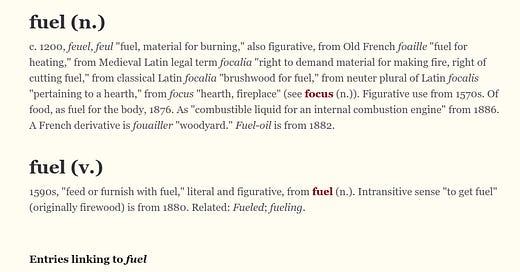







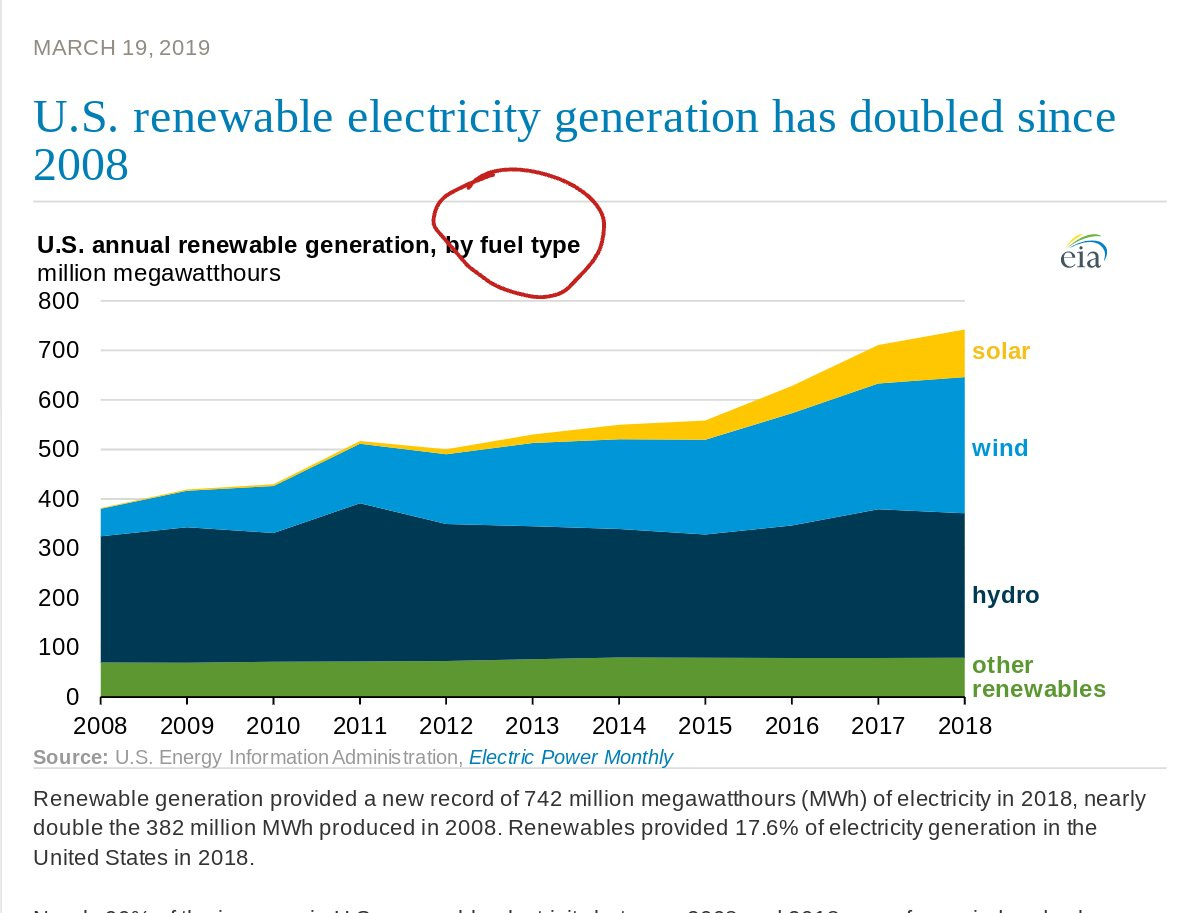
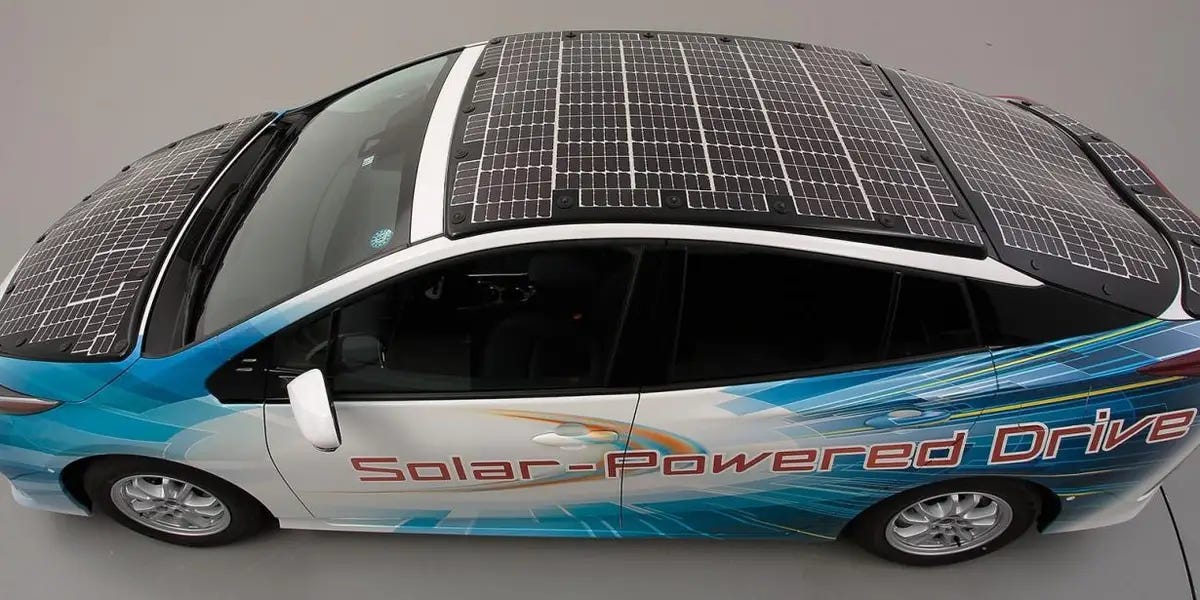
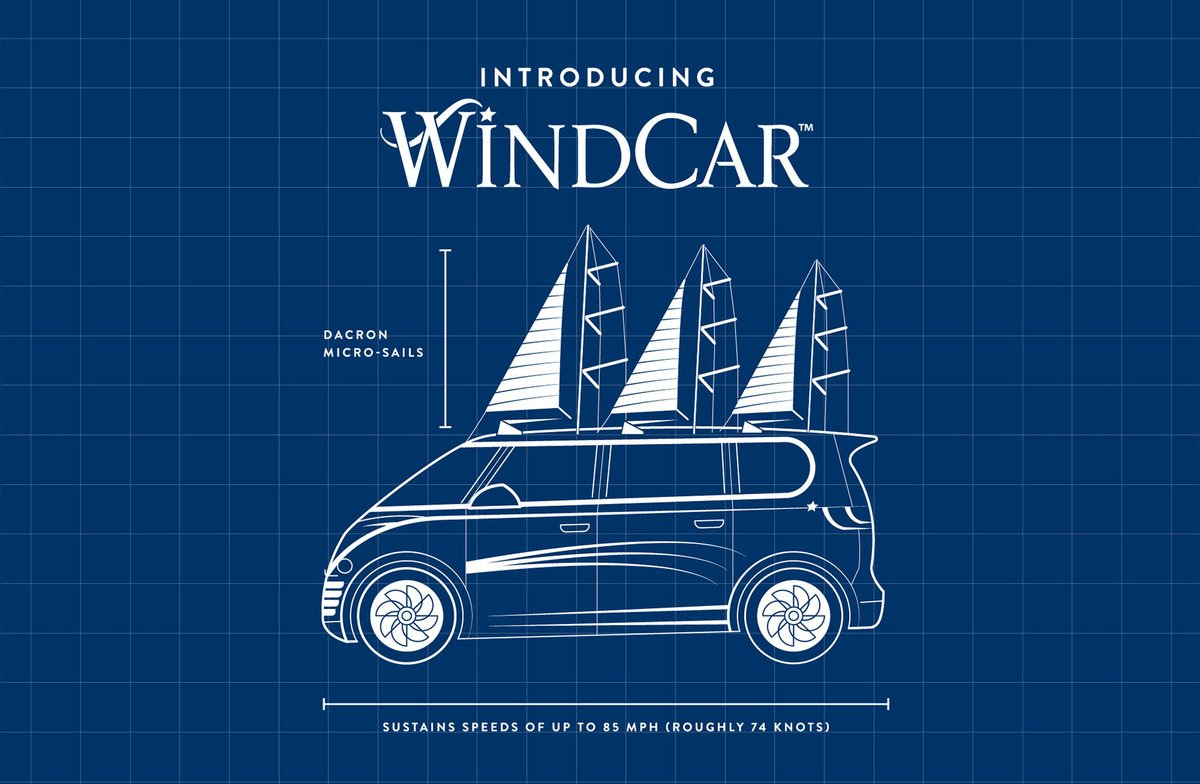

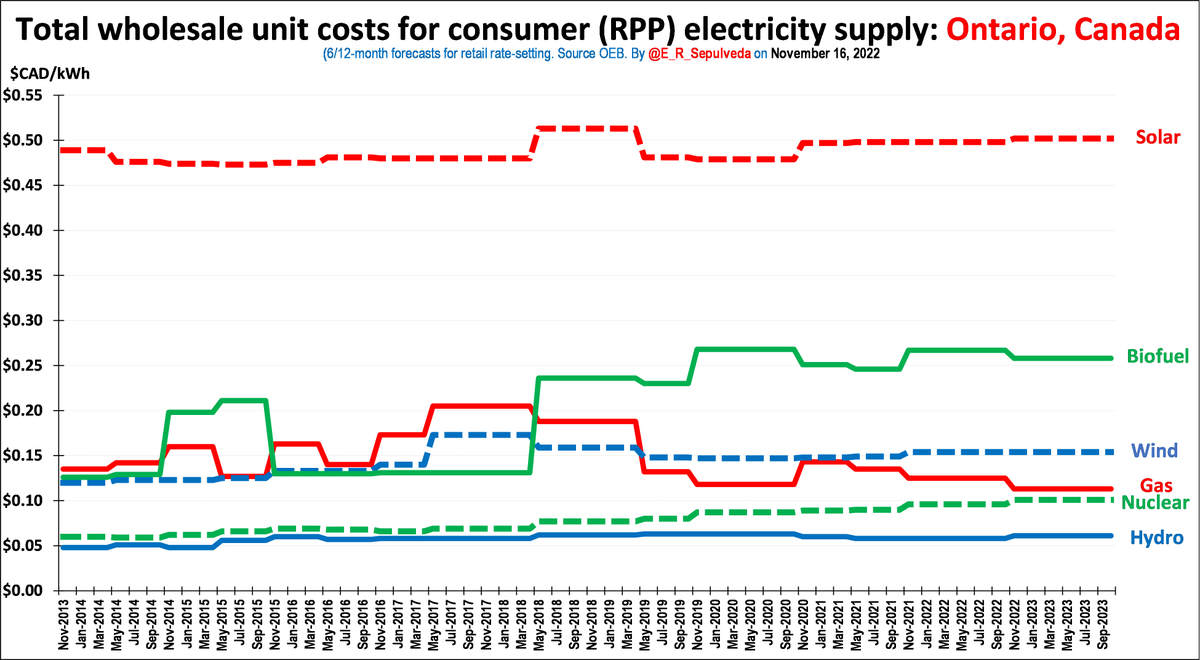

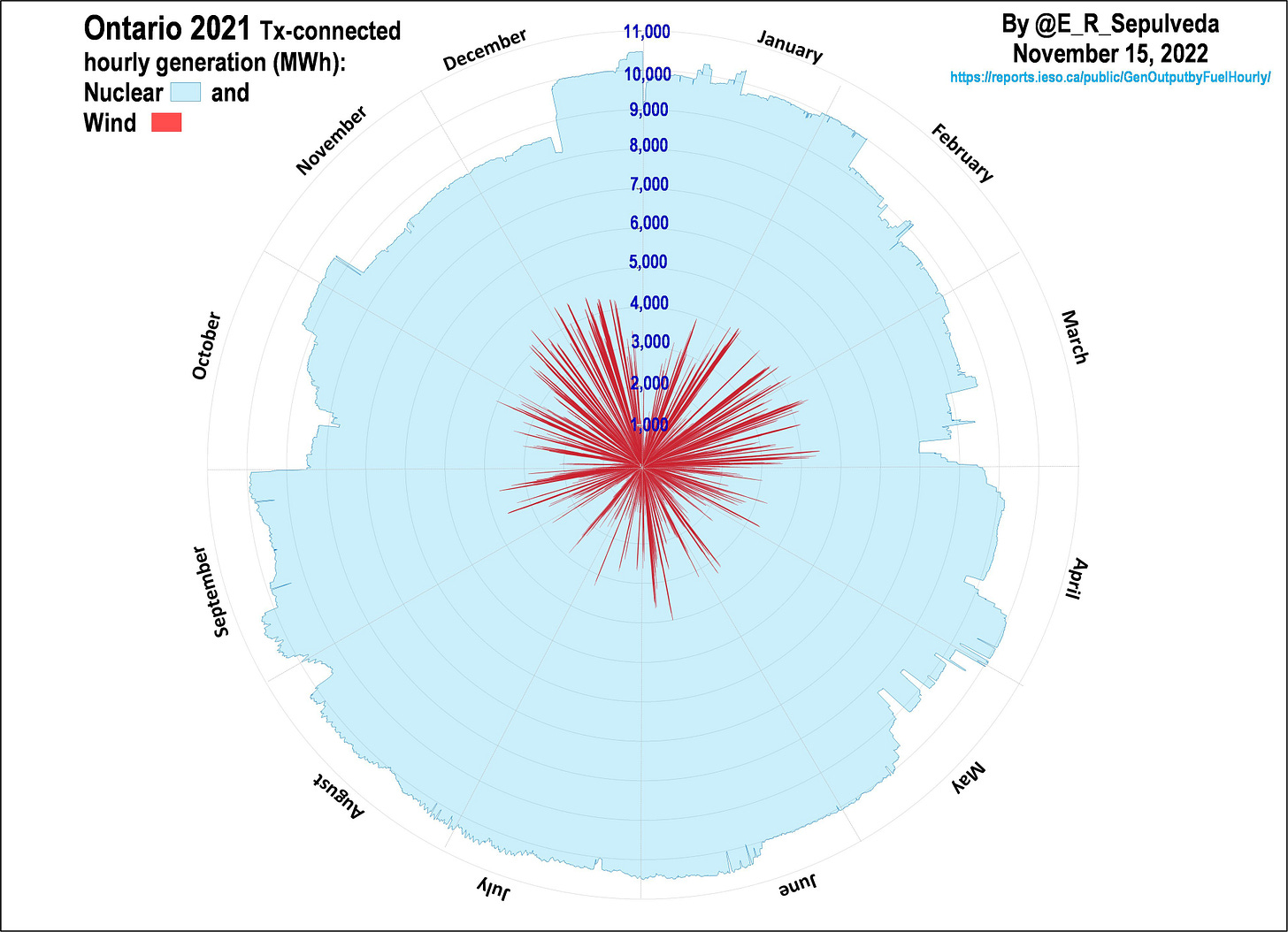
This is perhaps the most amusing exploration of intermittent energy I have read. Great work!
Thank you for an excellent depiction of the absurdity of wind and solar posed as energy that will replace conventional, on-demand energy sources. Combined with the incredibly, visibly, in your face obvious problems of land use and habitat destruction, species destruction, deforestation, runoff mitigation, scale of construction, energy use in turbine and panel creation, rare earth metals and mineral mining to scale up panel manufacture, and lots of other factors, appropriating billions of dollars to them is more than a little hypocritical.
Greenies are captive to their fertile imaginations.